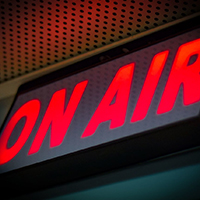
Bryce Wilkinson on BBC Radio
Bryce Wilkinson discusses the findings in his report Quantifying the wellbeing costs of Covid-19 in the Business Daily Programme on BBC World Service. Read more


Bryce Wilkinson discusses the findings in his report Quantifying the wellbeing costs of Covid-19 in the Business Daily Programme on BBC World Service. Read more
Wellington, 24 April - South Korea has tackled the Covid-19 crisis competently and New Zealand could learn from the East Asian country as it considers moving to Alert Level 3, according to a new report from the New Zealand Initiative. While no country comparison is perfect, both New Zealand and South Korea are highly-wired and technologically advanced liberal democracies. Read more

How do you get an economy going again when entire industries are destroyed? How do you encourage private consumption when families are trying to make ends meet? Read more

South Korea has quickly become a model country for effectively containing Covid-19 without needing a national lockdown. Given that the liberal democracy of South Korea is 40 days ahead of New Zealand on the epidemiological curve, it offers important lessons on how to balance an increase of economic activity with continued efforts towards virus elimination as New Zealand leaves Alert Level 4. Read more

Last week, the diligent Epidemic Response Committee was swarmed by a gaggle of head-honcho media types each making their case for a handout. Plenty of other sectors had their time before the committee, but in hour-long slots before being bumped off by the next sector spokesperson. Read more
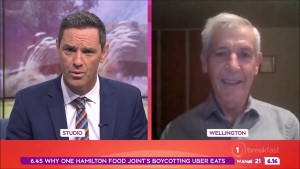
Senior Fellow Bryce Wilkinson highlights in a new report some concerning ideas from both the government and the Reserve Bank about expanding the money supply to help pull New Zealand out of the Covid-19 economic crisis. He discusses his research and findings on TVNZ Breakfast. Read more
The New Zealand Initiative’s Executive Director Oliver Hartwich presented to the Epidemic Response Committee today. He outlined his vision for New Zealand’s social, political and economic future. Read more
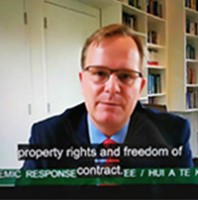
The New Zealand Initiative’s Executive Director Oliver Hartwich presented to the Epidemic Response Committee today, where he outlined his vision for New Zealand’s social, political and economic future. You can watch Oliver’s presentation here (time:1:52). Read more
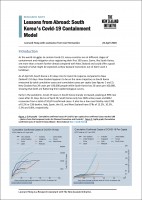
As the world struggles to contain Covid-19, many countries are at different stages of containment and mitigation since registering their first 100 cases. Some, like South Korea, are more than a month further ahead compared with New Zealand and could offer a good example of what might be expected as New Zealand transitions out of Alert Level 4 lockdown. Read more

Over the past week, protesters across the US have held demonstrations to demand “liberation” from lockdown measures brought in by states to contain the spread of the Covid-19 virus. Fuelled by a belief that the economy must reopen to protect the health of people’s businesses, these public gatherings (often attended by anti-vaxxers and far-right activists) make for colourful television pictures — and divisive social media messages that President Donald Trump has been only too happy to promote. Read more
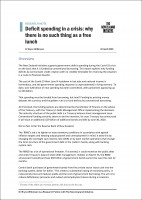
The New Zealand Initiative supports government deficit spending during the Covid-19 crisis on the basis that it is funded by conventional borrowing. This report explains why funding deficits by central bank credit creation with no credible timetable for reversing the situation is a route to financial disaster. Read more
Wellington, 22 April - No matter how seductive it sounds, central bank funding of the additional government spending on Covid-19 would set New Zealand on a dangerous path, according to a new report by the New Zealand Initiative. The report, Deficit spending in a crisis: why there is no such thing as a free lunch, highlights some concerning ideas from both the government and the Reserve Bank about expanding the money supply to help pull New Zealand out of the Covid-19 economic crisis. Read more

As the end of the world’s strictest lockdown nears, attention is turning to life after Covid-19. The coronavirus may not be defeated anytime soon, but a good deal of thought is needed about how to repair the destruction the virus has already caused to the economy. Read more
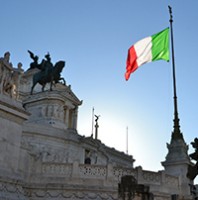
Is it 2010 again? Back then, crisis meeting followed crisis meeting to save Europe’s monetary union from collapse. Read more